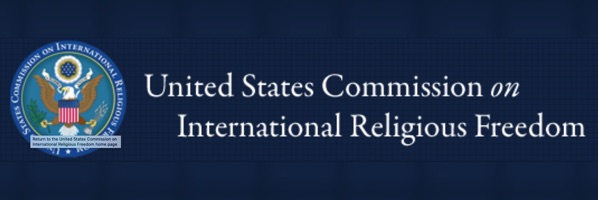22 mars 2022 | USCIRF
*Special note: This podcast was recorded on March 8, 2022 and only reflects the events that have occurred up to this date*
The Russian government has long used religious freedom violations in its efforts to discourage non-conformity and facilitate its brutal occupation of Crimea and the Donbas region of Eastern Ukraine. In 2016, the government adopted a series of legal reforms that enhanced the scope and penalties of religion and anti-extremism laws. These legal reforms also increased State jurisdiction over monitoring private electronic communications for the purpose of rooting out extremists and missionaries in Russia.
Russia’s religious regulation framework has been used to target Jehovah’s Witnesses, Crimean Tatar Muslims, the Ukrainian Orthodox Church, and other groups that are seen as posing a threat to the State’s authority. What does this mean for the rest of Ukraine now that it’s under attack from Russia? USCIRF Senior Policy Analyst Jason Morton joins us to explain.
Check out our other podcast on this topic: “Religious Implications of Russia’s Invasion of Ukraine Part 1: The ‘Denazification’ Narrative”
Read USCIRF’s report on The Global Persecution of Jehovah’s Witnesses
Read USCIRF report on The Anti-cult Movement and Religious Regulation in Russia and the Former Soviet Union
Read USCIRF’s report on Religious Freedom Violations in the Republic of Chechnya

Commentaires récents